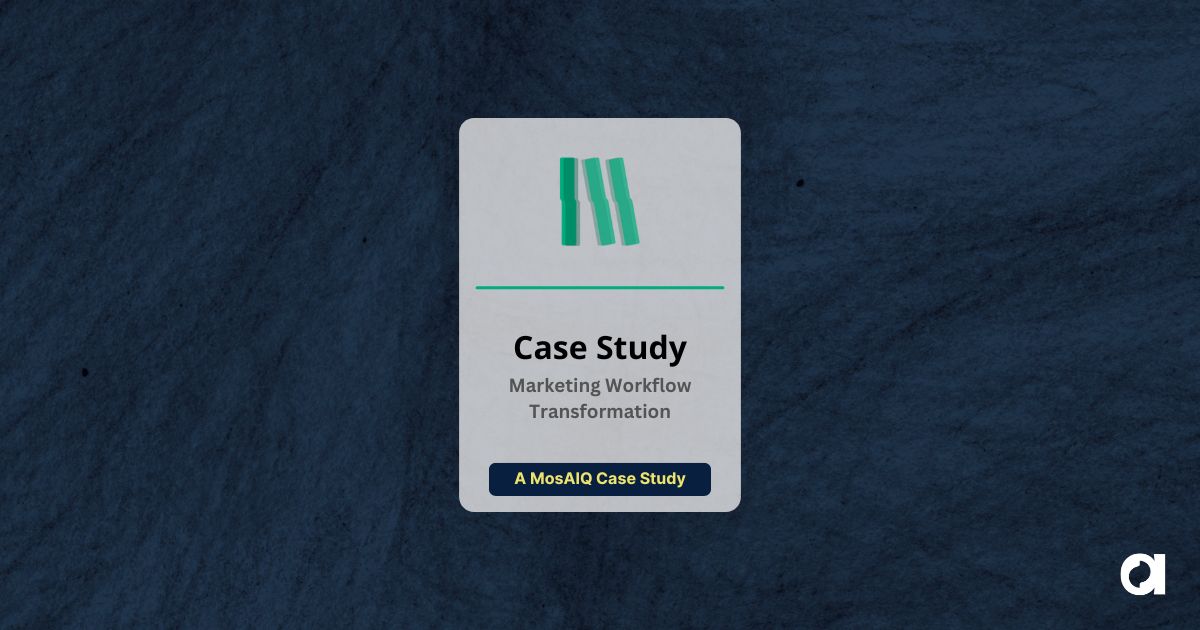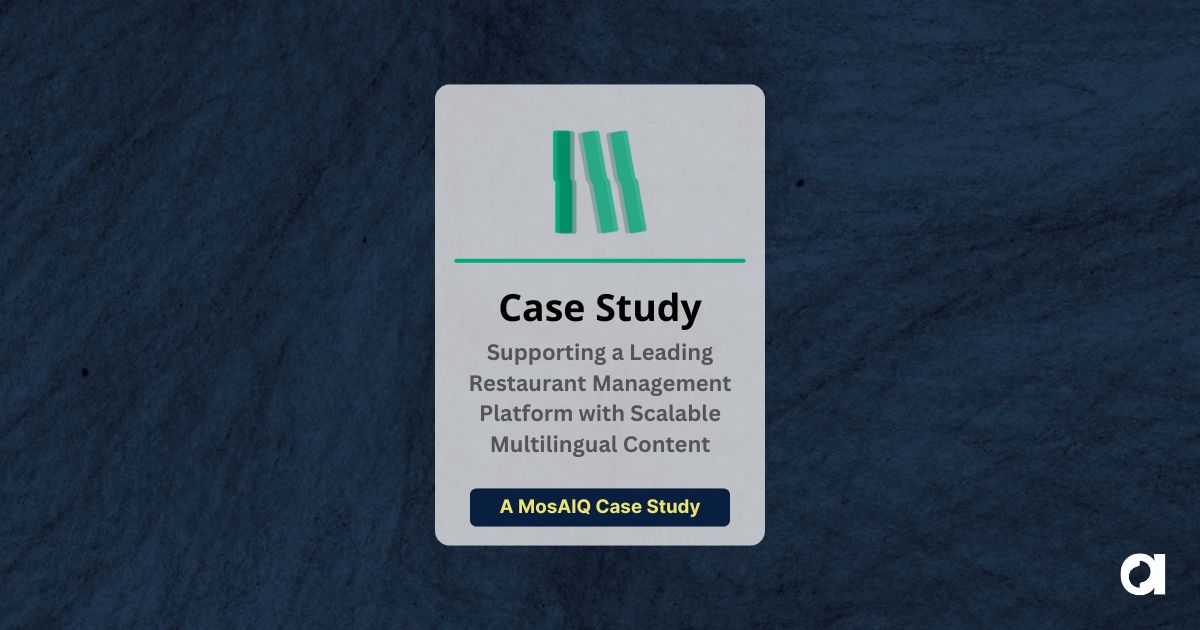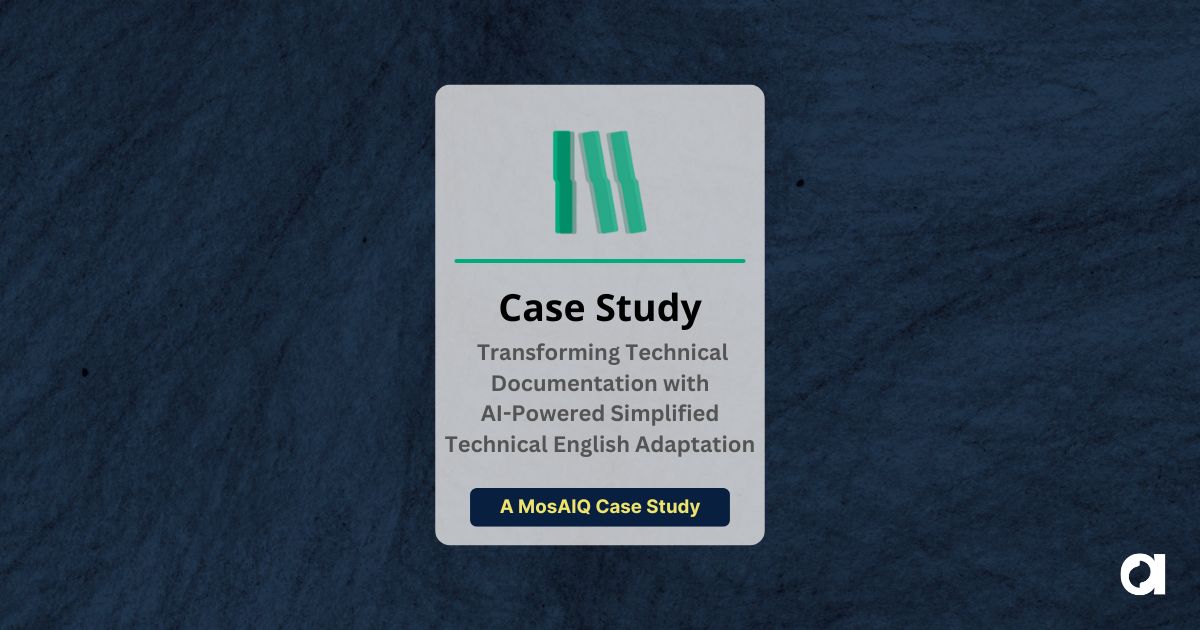As the European home of some of the world’s largest companies, such as Google, Indeed, Airbnb, and Meta, to name just a few, it’s no wonder companies are looking to learn more about SEO for Ireland. But how does that actually work? As part of our iSEO video series, we asked Alan Presch, an Irish SEO consultant, for his advice.
Sure look, the UK and Ireland are the same markets. Or are they?
One of the biggest mistakes we see in SEO for Ireland is that most companies use the same strategy for the UK and Ireland because of their proximity. However, because you always have to consider the history and culture of a specific country, grouping Ireland with the UK isn’t the best idea. To keep it simple, the UK and Ireland have had a rocky history over the last 800 years, so grouping Ireland and the UK together can be offensive to Irish consumers.
Facts about Ireland
Moving on from history and back to the world of SEO, let’s start with a few interesting facts about the Irish market. Ireland’s population is just over 5 million, and according to the CSO, people have, on average, a weekly disposable income of 1,017 Euros per household. We’d suggest taking that figure with a pinch of salt, though, as the housing crisis has seen rents soar, and Dublin has landed a spot in the 20 most expensive cities to live in worldwide. So, it’s crucial that your SEO efforts keep economic conditions in mind and that you’re sensitive to issues the country is facing.
SEO for Ireland and e-commerce
The Irish love shopping online and revenue from online shopping is set to hit over 4 million USD by the end of 2023. As you can see below, consumers spend the most on fashion, electronics, and media.
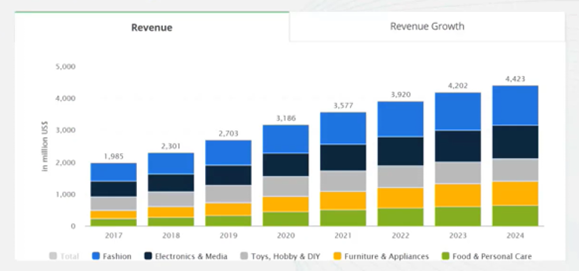
Where the Irish shop is something that’s also vastly different from the UK, as a lot of shops are specific to Ireland. These include Dunnes, Done Deal, and Adverts. Then you’ve got the likes of M&S, Currys, and Amazon, which are available outside the country.
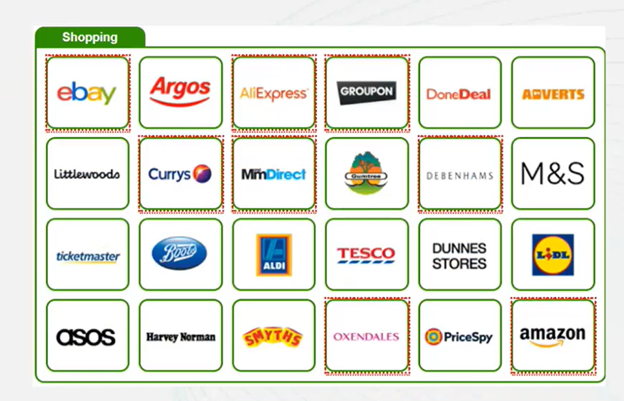
Is Google enough for SEO for Ireland?
Luckily, Google has a 95% market share in Ireland, with Bing coming in second with 3%. So, it’s safe to say that to SEO for Ireland, you only need to optimize your site for Google. As SEOs, we all know that mobile-first is really important, and Ireland is no exception, as 61% of people use their mobiles to search, compared to only 35% who use a desktop. Social media is, of course, significant in Ireland, with Facebook being the most popular channel, followed by Instagram, Twitter, and Snapchat.
Is Irish English any different from British English?
Surprisingly, Irish English varies quite a bit compared to British English, so it’s a good idea to localize your Irish content like you’d do between the US and the UK. As Irish English has been influenced by the Irish language, you’ll notice that some English phrases have taken on Irish syntax, for example:
“Alan is my name,” from Alan is ainm dom.
“Come here to me” rather than “come here”.
Several words are different in Irish English. In Ireland, the police are called the Gardai, sneakers are called runners, a cupboard is a press, and a zip code is an eir code.
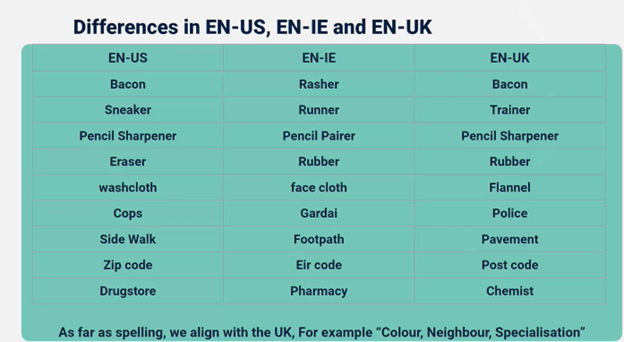
Although many of these terms are more B2C, your keyword research must be specific to your SEO efforts for Ireland, and you’re not just using your English UK keywords.
You can see below what happens when you don’t separate them. You can see that SERPs in Ireland for runners will bring you sneakers, but runners in the UK will get you rugs, which is quite a difference!
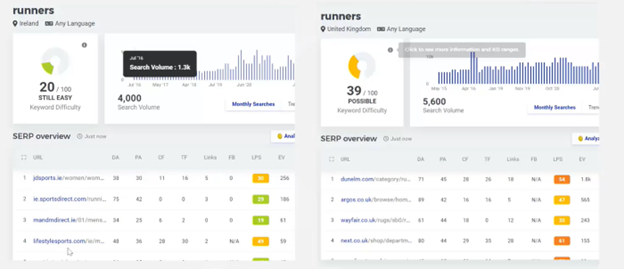
Hreflang tags for Irish SEO
Moving on from the use of language, you can help Google know when to serve your Irish website by using the correct HTML language and hreflang tags.
For Irish English, you should use en-ie, not en-uk or just en.
If you’re SEOing for the Irish language, you should be using ga-ie, ga being the code for Irish.
What about the Irish language?
Gaelic is known as Irish in Ireland, as you can see from the examples above! And as Ireland is a bilingual country, it’s important to touch on the Irish language and SEO as Gaeilge.
According to the 2016 census, 39.8% of the Irish population reported being able to speak Irish. And this is expected to grow because of the Irish revival initiative that’s currently taking place. There are also places in Ireland where people speak only Irish, known as the Gaeltacht region. So, while English SEO is enough for Ireland, if you want to differentiate your brand and cater to Gaeilgeoiri (Irish-speaking) consumers, you could always go down the Irish language route.
Google has an Irish interface, and you can see that there are Irish SERPs out there! Although they’re bilingual, which is not recommended in the world of SEO, it shows that there is potential for Irish websites.
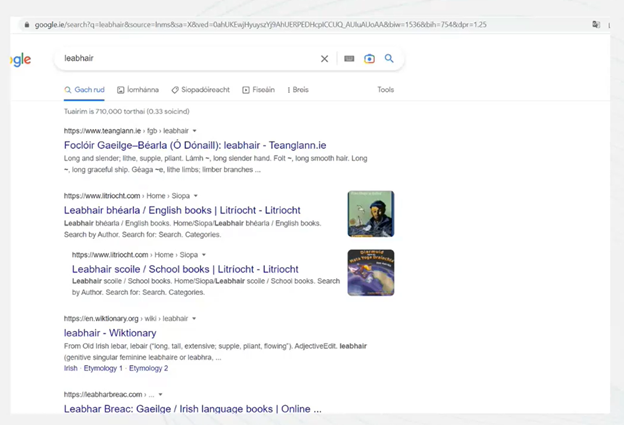
Plus, there are search volumes for Irish language keywords!
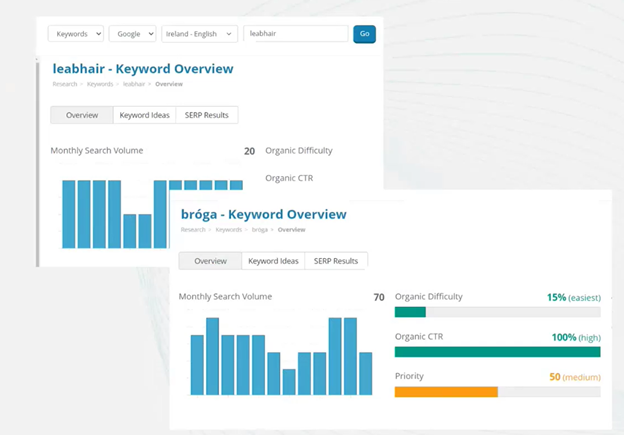
Conradh na Gaeilge has also developed some really cool initiatives to get people to use Irish on social media, including having Irish language filters on Snapchat.
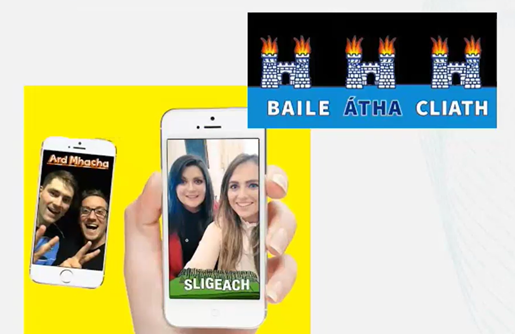
Differences between UK SEO and SEO for Ireland
One of the most significant differences between UK SEO and SEO for Ireland is the type of campaigns you can run. In Ireland, we love a bit of craic (fun) and like to push the boundaries regarding advertising and copy. However, in the UK, consumers are much more reserved, and your Irish campaigns could cause offense. This is why, again, it’s essential to have separate campaigns for your Irish SEO to give your content a fun Irish twist.
Make sure you localize
We’ve mentioned it before, but we’ll repeat that it’s really important to localize for the Irish market. We’re not just talking about language but also the type of content you write. Irish consumers won’t be all that pleased if you go out with UK-specific topics, like writing about the NHS or the Royal Family. So it’s much better to write about issues that are specifically relevant to the Irish market.
Pet peeves
There are a couple of pet peeves that Irish consumers have when dealing with international companies, so you must keep these in mind when you’re dealing with SEO for Ireland. These are:
- Having an Irish support number – don’t make people phone the UK.
- Specify where your goods are being shipped from – we don’t like dealing with customs since Brexit came in.
- Don’t include Dublin in your list of UK offices – make sure you mention Ireland as a country in its own right.
- Make sure you don’t go OTT with the Irishisms – we understand that you want to appear local, but using phrases like ‘top of the morning to ya’ in your marketing copy will make you sound like a tourist (you’ll be surprised how many international companies think it’s a good idea!).
Final thoughts
As you can see, having one strategy for the UK and Ireland isn’t enough. You need to optimize and create content specifically for the Irish market to get good results. If you’d like to learn more or start working on strategies for Ireland, get in touch.
Watch Alan’s Episode
About Alan
Alan is an award-winning SEO consultant from Dublin. When he’s not busy working with international clients on their Irish SEO strategies, he teaches SEO and website development to Master’s students at the University of Strasbourg.
 Argos Multilingual
5 min. read
Argos Multilingual
5 min. read
As an up and coming economic powerhouse, India is a market many businesses are beginning to take real notice of. And with that, of course, comes SEO. That’s why we sat down with Mubashar Shahzad as part of our International SEO Video Series to explore the Indian and Pakistani markets in more detail, and most […]

 Robert Brodowicz
4 min. read
Robert Brodowicz
4 min. read
If you’re on the fence about whether Translation Memory is what’s missing from your workflow or if it might be time for a tune-up of the one you already have – you’re in the right place. We’ve got all the details you need to make informed decisions right here. Whether you’re working on your first […]








